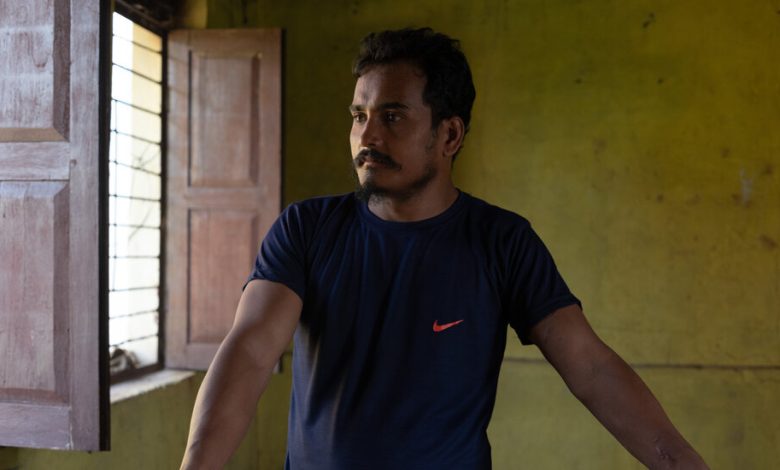How to Escape From the Russian Army

He didn’t have any documents.
Or money.
Or even a phone.
He was wrapped in bandages and 2,500 miles from his village in the Himalayas.
But as he lay in a Russian military hospital, wounded in battle and surrounded by people speaking an alien language, Krishna Bahadur Shahi, an out-of-work engineer from Nepal who had committed the mistake of joining Moscow’s army, made a vow.
Somehow, he told himself, I’m getting home.
“I had to get out,” he said in a recent interview. “I was even thinking of killing myself. I knew if I didn’t leave that hospital, they would send me back to the front and if they did that, well, there would be no possibility of returning alive.”
Mr. Shahi had become ensnared in the shadowy, predatory underworld of human traffickers from Nepal who supply foreign fighters to the Russian army for its war in Ukraine. The Nepali government has been trying to shut down this pipeline. But the Russian military continues to rely on it, boosting combat power with impoverished young foreigners even though many, like Mr. Shahi, said they didn’t know they would be going into battle.
More and more are trying to get out. Mr. Shahi actually tried to escape twice. The first time he was ratted out by his own smugglers.
“Get me a cellphone. I pay you later.”
Mr. Shahi is a thoughtful, talkative, fit 24-year-old civil engineer from a village in the Dailekh area of western Nepal. A university graduate, he faced grim job prospects after finishing a short-term contract building water tanks last year. Nepal is one of the poorest countries in Asia, and his parents, who are millet farmers, have little money.